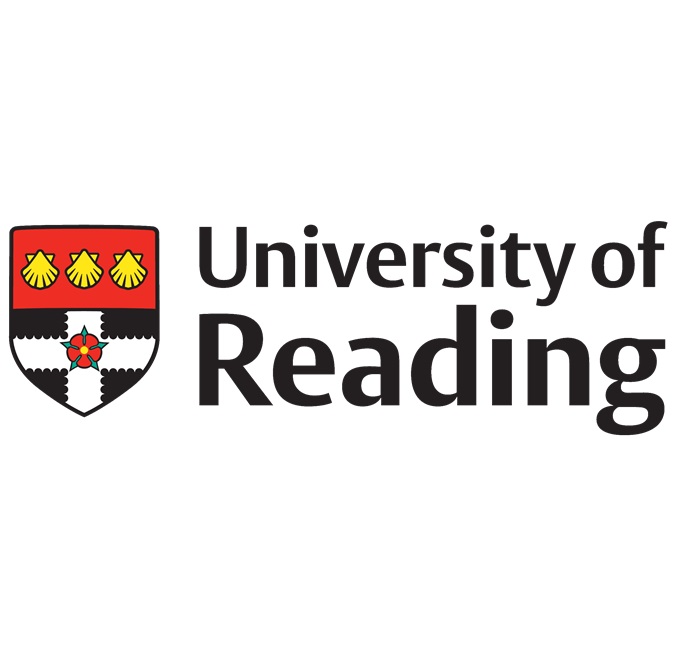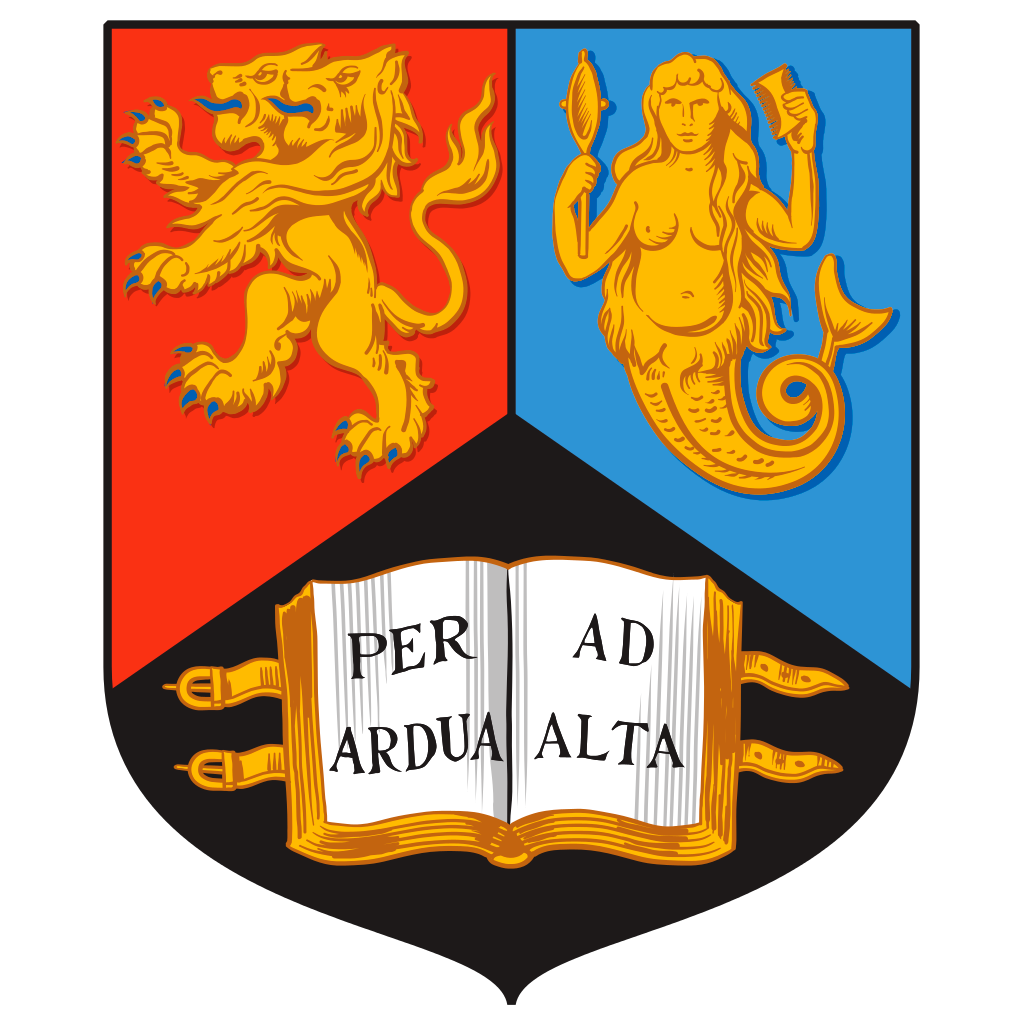Core modules
You will study three core modules:
Historical Approaches
This module provides students with an advanced introduction to some of the ways in which historians have approached a range of prominent themes within the modern historical discipline, such as religion, gender, race, class, community, and conflict. The module introduces these themes through a mixture of case studies and background reading and information, with an emphasis on historiographical development and a range of different theoretical, methodological and interdisciplinary influences, such as sociology, anthropology, the material turn, etc. Each week students are guided in reading influential texts that relate to one of these key themes, and students then meet in small seminar groups to discuss a mixture of historiographical case studies and additional theoretical background.
Assessment: 4,000 word review of approaches to one of the themes covered by the module in your own chosen historical field
Research Preparation
This module is designed to deliver three complementary strands, with the ultimate aim of supporting students on the MA History to design, plan and research an ambitious dissertation topic. The first strand is a series of lectures on key research skills in the historical discipline, ensuring that students are confident when it comes to aspects of research design such as defining a topic, reviewing secondary literature, identifying and accessing appropriate primary sources, etc. The second strand is a series of seminars designed to support specialist sub-disciplinary skills relating to (for example) chronological period or a particular geographical area or methodological approach. The third strand is a series of one-to-one supervisions with an academic advisor, to offer the student guidance and feedback as they devise their own unique research project, and lay the groundwork for their masters dissertation. The module also helps students to develop important skills in presenting and articulating their research to a larger non-specialist audience.
Assessment: 3,000-word literature review (75%), 10 minute oral presentation (25%)
Public History & Heritage
Over the past twenty years, tv shows such as Who Do You Think You Are? and Horrible Histories have helped engage the public, young and old in the past. More recently, digital media and new technologies, such as DNA genealogy, have brought history into the lives of millions of people. This, in part, has led to a rise in the number of people consuming, collaborating, and creating their own histories.
This course will introduce students to public history & heritage. It introduces key debates in the field and provides the students with the theoretical underpinning needed to critically analyse how the past is presented to a public audience. Students will be introduced to different forms of public history by industry professionals, providing them with the skills they need to design, plan and manage their own public history projects.
Assessment: 4,000 word essay (100%)
Optional modules
If you choose to study the Public History pathway you must choose at least 20 credits from the Public History or Special Subject lists below.
These lists are indicative; not all modules will run each year depending on staff availability.
Public History
Public History & Heritage: Placement
This module provides you with an opportunity to get real-world experience working in the field of public history and heritage. It will enable you to apply what you have learned into practice. You can choose to work with a museum, archive, production company, historic house, or any other organisation that engages the public in the past. We can provide you with a placement, or you can choose their own. The practical element of this module will ask the you to think critically and evaluate how history is delivered to the public. You will also have the opportunity to contribute theoretically and creatively to a public history project that is decided between the organisation and the student.
Any remaining credits can be taken from the wide range of History options. It is also possible to select options offered by other departments such as African Stuides, Classics and Ancient History, Cultural Heritage, Modern Languages, Art History or English - with the approval of the Programme Director. See an indicative list of options.
Dissertation
In addition to your taught modules, you will conduct a piece of independent research with the support of a supervisor, culminating in a 15,000-word dissertation. The dissertation is the culmination of the MA: the moment when you put into practice the skills and knowledge you have built up in the previous modules, and the moment when you take wing as an independent historian. Your dissertation must be on a topic within the pathway area of specialism.
Please note that the optional module information listed on the website for this programme is intended to be indicative, and the availability of optional modules may vary from year to year. Where a module is no longer available we will let you know as soon as we can and help you to make other choices.
Show less









